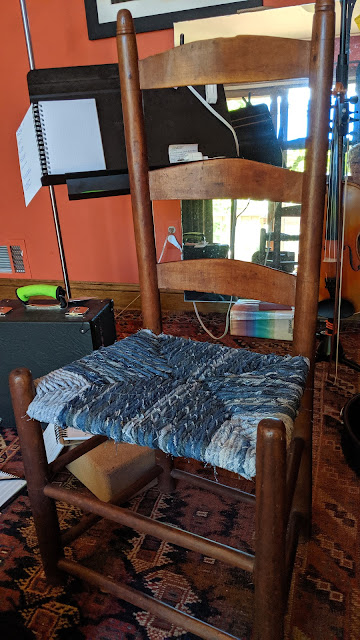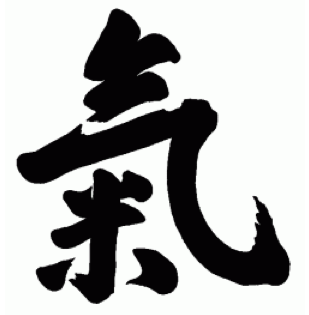What to Look for in a Teacher
I recently read an article called something like, "10 Reasons to Avoid a Yoga or Pilates Teacher." In it the author described various "no-nos" that supposedly should make you think twice about training with someone. Since this is not intended as a critique of the article, I'm not going to link to it.) In reading the article I had two reactions.
The first is that even the most fantastic teachers will admit to having committed every grievous teaching error in the book at some point. Beginning teachers in particular are unlikely to know a lot about anatomy, may rely on language that they don't really think about that has been passed down from their teachers, may turn their backs on students, or don't always have the answer as to why you are doing a particular movement. But they may still be great teachers. So a list of "teaching mistakes" doesn't seem to be sufficient reason to avoid a teacher.
The first is that even the most fantastic teachers will admit to having committed every grievous teaching error in the book at some point. Beginning teachers in particular are unlikely to know a lot about anatomy, may rely on language that they don't really think about that has been passed down from their teachers, may turn their backs on students, or don't always have the answer as to why you are doing a particular movement. But they may still be great teachers. So a list of "teaching mistakes" doesn't seem to be sufficient reason to avoid a teacher.
What I look for most in a teacher is compassion. Even a beginning teacher, one who may not know as much about anatomy, one who is nervous and working from a very scripted lesson plan, is heading on the right track if he or she can work to stay focused on the students rather than on him or herself. What I look for next in a teacher is the ability to learn and to change. We learn from our teachers, our students, and from our own self-reflection. The ability to grow is essential to good teaching.
My second issue with the article was with the condescending tone. There were phrases like "Hello, I have never done this before!" or "Anyone and I mean ANYONE who is going to teach anyone anything related to fitness MUST"...etc. I don't think as a writer, particularly as a writer about a transformative art such as yoga, this is appropriate.
I use five tests for ethical speech when I am writing, speaking, or even thinking about speaking:
Is it true?
Is it kind?
Is it useful?
Is it timely?
Does it create concord?
I have this list hung above my desk. I use it to check the level of compassion in my thoughts and words.
My second issue with the article was with the condescending tone. There were phrases like "Hello, I have never done this before!" or "Anyone and I mean ANYONE who is going to teach anyone anything related to fitness MUST"...etc. I don't think as a writer, particularly as a writer about a transformative art such as yoga, this is appropriate.
I use five tests for ethical speech when I am writing, speaking, or even thinking about speaking:
Is it true?
Is it kind?
Is it useful?
Is it timely?
Does it create concord?
I have this list hung above my desk. I use it to check the level of compassion in my thoughts and words.
If a writer's work, or a teacher's teaching, does not have all of these elements, then I am wary. I can choose to take part in a class from a sarcastic teacher, but I am prepared when I find I am reacting in an unexpected way to something that's said or done in the class.
The way we communicate with others - with students, other teachers, and everyone we encounter or may ever encounter - is of the utmost importance. The author of the article in question made the mistake of thinking that her audience was just students (since the article was about what types of teachers to steer clear of) but it will be read by a much larger group. And in some way all our thoughts, speech and actions have that same quality: we think we are talking to one person, but we should act as if we are talking to everyone in the world, at all times. I know it sounds a little heady, but the more I learn, the more I understand this to be deeply true.
The way we communicate with others - with students, other teachers, and everyone we encounter or may ever encounter - is of the utmost importance. The author of the article in question made the mistake of thinking that her audience was just students (since the article was about what types of teachers to steer clear of) but it will be read by a much larger group. And in some way all our thoughts, speech and actions have that same quality: we think we are talking to one person, but we should act as if we are talking to everyone in the world, at all times. I know it sounds a little heady, but the more I learn, the more I understand this to be deeply true.




Comments
Post a Comment